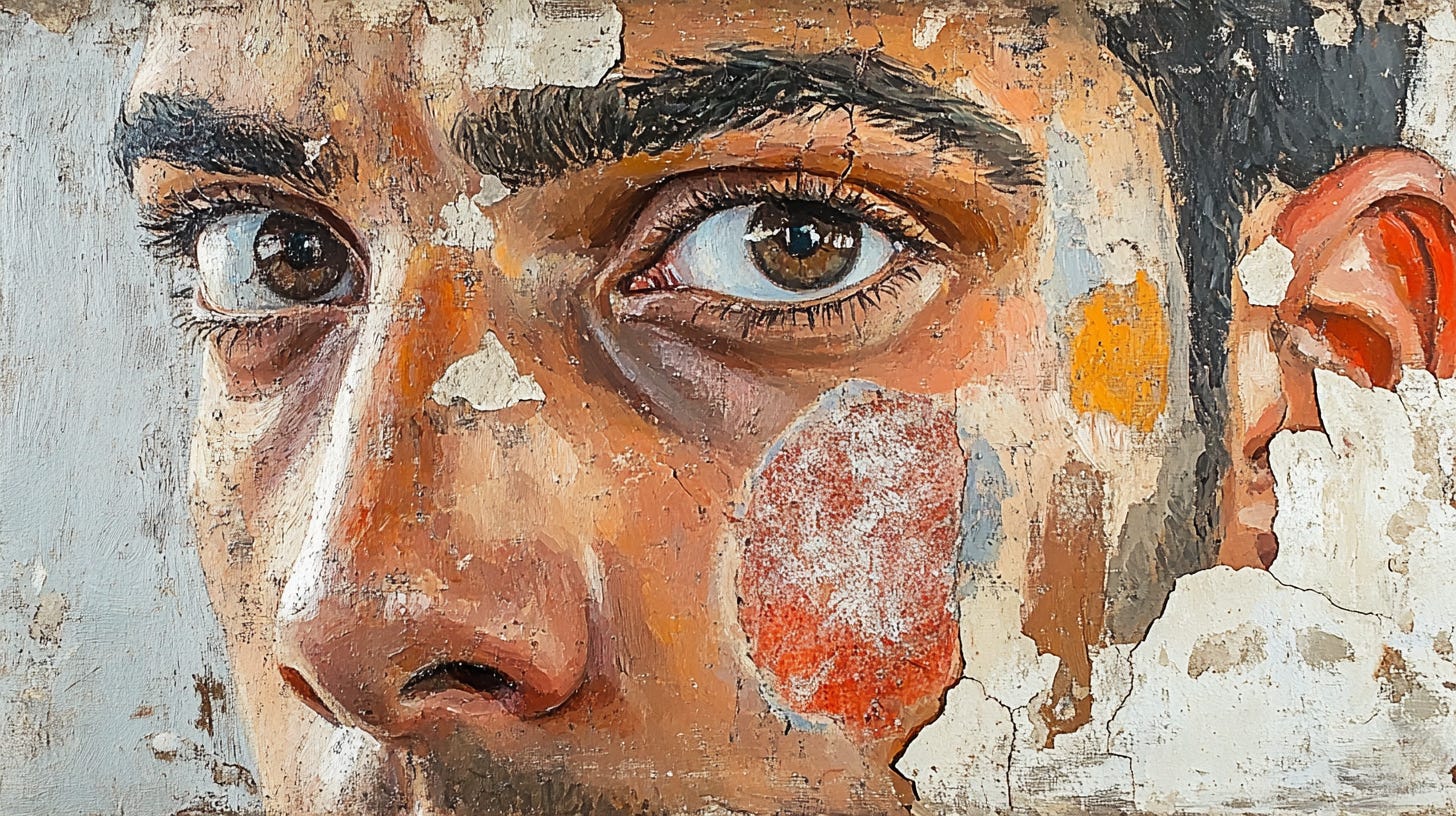You're Not Broken, You're Human
What if our struggles aren't problems to solve, but questions to explore?
What if the very idea that you need to be "fixed" is the problem?
I've been thinking about this question for weeks now, turning it over in my mind like a stone you find on the beach—smooth in some places, rough in others, revealing new textures each time you examine it from a different angle.
We live in an age obsessed with optimization. Everything can be hacked, improved, upgraded. Your sleep can be optimized. Your productivity can be maximized. Your relationships can be enhanced. Your mind can be debugged like faulty software.
But what if human consciousness isn't software at all? What if it's something far more complex, organic, and inherently unoptimizable?


